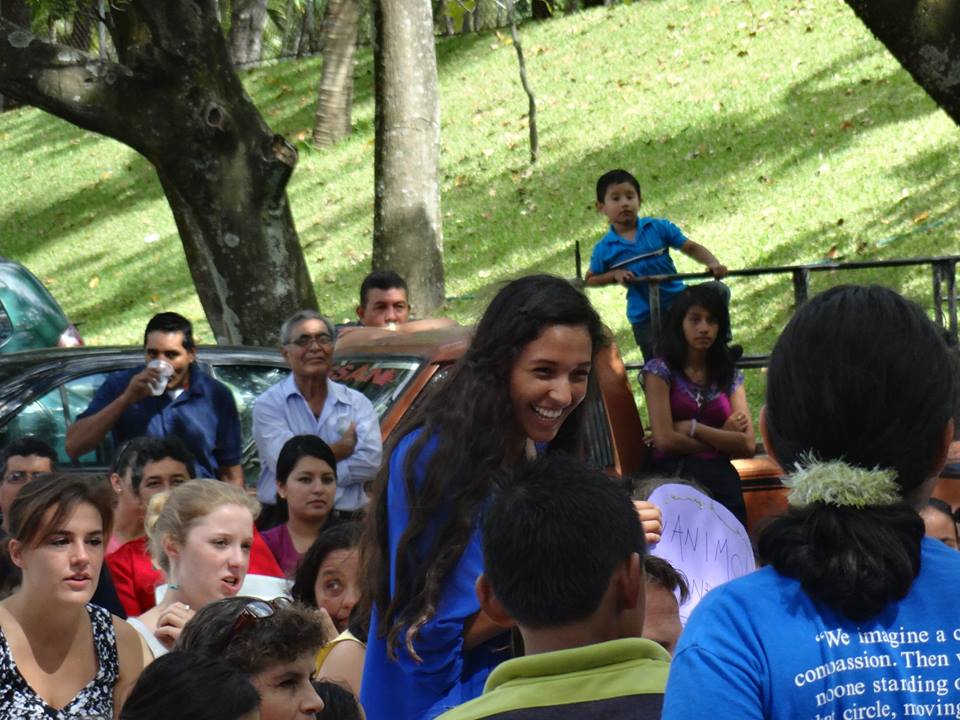I first learned this Portuguese word from Mev, when she worked in Brazil among so many radical, radiant Christians. Here’s how she defined it in her book, The Struggle Is One: “a disposition of openness in which one is accessible, available and willing to be inconvenienced by the needs or requests of another person or event.”
This came back to mind this morning as I was reading a column by James Mustich, whose recent book, 1000 Books To Read before You Die: A Life-Changing List I browse almost daily. Here’s the pertinent citation he makes from Sarah Bakewell’s At the Existentialist Café:
In his essay, “On the Ontological Mystery,” written in 1932 and published in the fateful year of 1933, [Gabriel] Marcel wrote of the human tendency to become stuck in habits, received ideas, and a narrow-minded attachment to possessions and familiar scenes. Instead he urged his readers to develop a capacity for remaining “available” to situations as they arise. Similar ideas of disponibilité or availability had been explored by other writers, notably André Gide, but Marcel made it his essential existential imperative. He was aware of how rare and difficult it was. Most people fall into what he calls “crispation”: a tensed, encrusted shape in life — “as though each one of us secreted a kind of shell which gradually hardened and imprisoned him.”
May we daily discover the wonders of being available for others.
